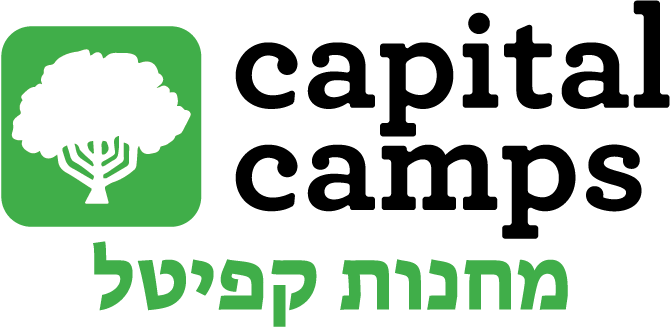By Hannah Stoller, Atzma’im Coordinator
Three weeks ago, during specialist training week, I held extensive training sessions with our inclusion focused staff. I asked each of these counselors what they think the word Atzma’im means. Most of them responded that it means inclusion, as our Atzma’im Program is often referred to as our Inclusion Program. Many were surprised to hear that Atzma’im actually comes from the Hebrew word for independence.
Our Atzma’im program follows a true inclusion model, where campers requiring some extra support at camp have a “go-to” counselor in their cabin to help meet their needs. It may seem a bit counterintuitive to name this program after the Hebrew word for independence, since the whole program revolves around campers getting extra support from others. Many of us tend to think of independence as doing something on our own, without any support. Yet, some people will always need extra support to do things, and that is perfectly fine. In fact, our whole camp community is built around the idea that we need each other in order to thrive. So, why do we emphasize the idea of independence in our inclusion program?
An obvious answer is that living at camp, away from caretakers, helps to build campers’ independence. This is an especially important opportunity for our campers with disabilities, and it’s definitely one of the reasons the idea of independence is so important here. But there’s another kind of independence that we don’t think about as often—independence of choice. Here in our inclusive camp bubble, campers can choose what they want to do without the barriers that the outside world often puts in their way. Over the past week, I’ve witnessed our campers with Atzma’im support exercising their independence by choosing to do activities they may have never had the chance do before, as they may not have been offered the opportunity to do it with the necessary supports. Campers could choose whichever chug they wanted this week, knowing that they would receive necessary accommodations wherever they were placed. They could choose to climb a lake toy because they knew that their counselors and peers would physically help them up. They could choose to do the zip line because they knew a staff member would be there to calmly help them through it.
It’s a bit of a paradox, the idea of independence here. In order for campers to truly make their own choices and carve their own path, they actually need communal support. Independence doesn’t mean doing something without help; it means being able to choose what you want to do and being told yes, even if it does require heavy support. In a world that so frequently fails to accommodate people with disabilities, camp is a rare haven of “yes”. When campers know that the answer will always be yes, they begin to break down the barriers that have been put before them so many times, and finally discover what they want. THAT is true independence.
